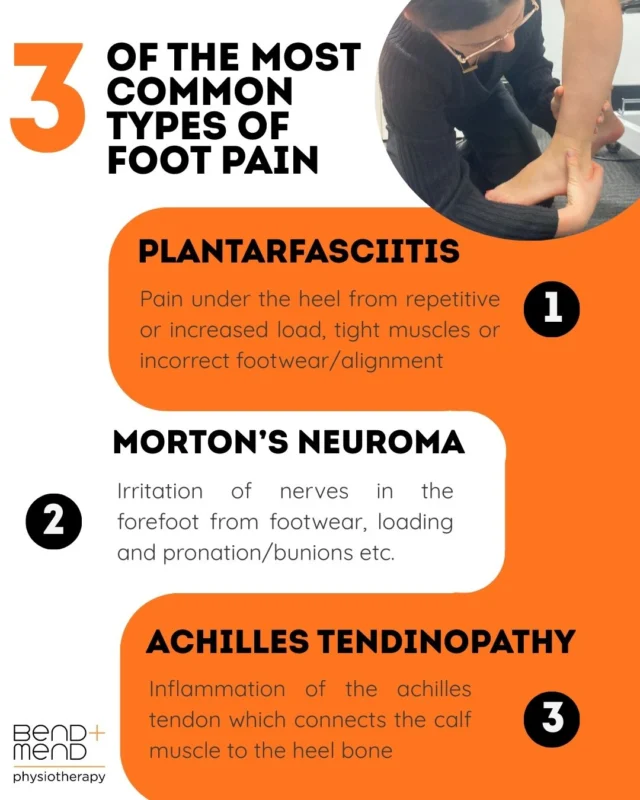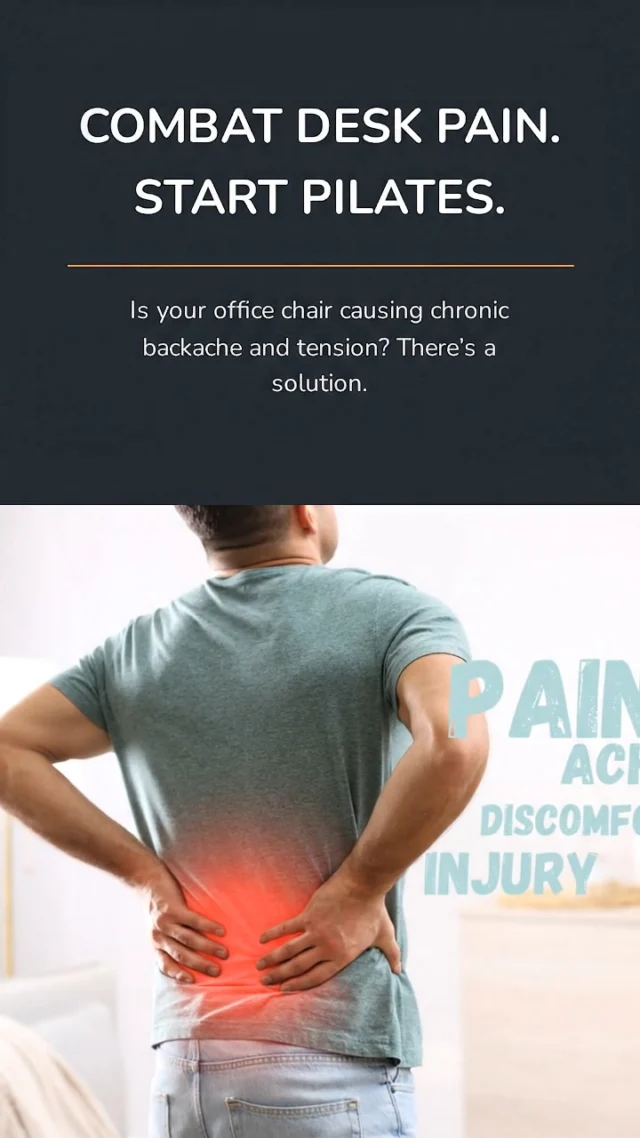The challenge with treating low back pain, as with many other types of pain, is that there is not one-size-fits-all advice because everyone is different. There is no perfect exercise for everyone, and no wonder drug. Nor is there a cure-all mattress at your local furniture store. Bottom line: There is no magic cure. However, patients will still try to find such a thing. If you walk into your local chemist, there is no doubt you will come across a variety of lumbar supports and back braces. Because these products are so readily available, many people make a mad dash to their local chemist for one of these before seeing a Physiotherapist for professional advice. And I’ll tell you why buying such products might be considered a waste of your time.
Low back pain is a significant health issue in western industrialised countries. Most patients recover within a short period without functional limitations. But for some people the recovery can be a littler slower. In countries such as the USA and the UK, back pain exceeds the costs of many other conditions and diseases. As a result there has been a lot of research into the effectiveness of particular management strategies, such as back braces.
A Cochrane Systematic Review (medical/health care talk for “critical analysis of multiple, high quality research studies”) shows that in four studies, involving a total of 1170 people, there was little or no difference between patients with acute or chronic back pain who used back supports and those who received no treatment in short-term pain reduction or overall improvement.
Recovering from low back pain can take time, as well as effort, patience and perseverance.Your Physiotherapist can guide you and help you along the way – initially with hands-on treatment, then with exercises and self-management techniques and all the time with support, advice and encouragement.
If you are experiencing low back pain and even entertaining the idea of wearing a back brace.. DONT! See your physiotherapist at Bend + Mend.





